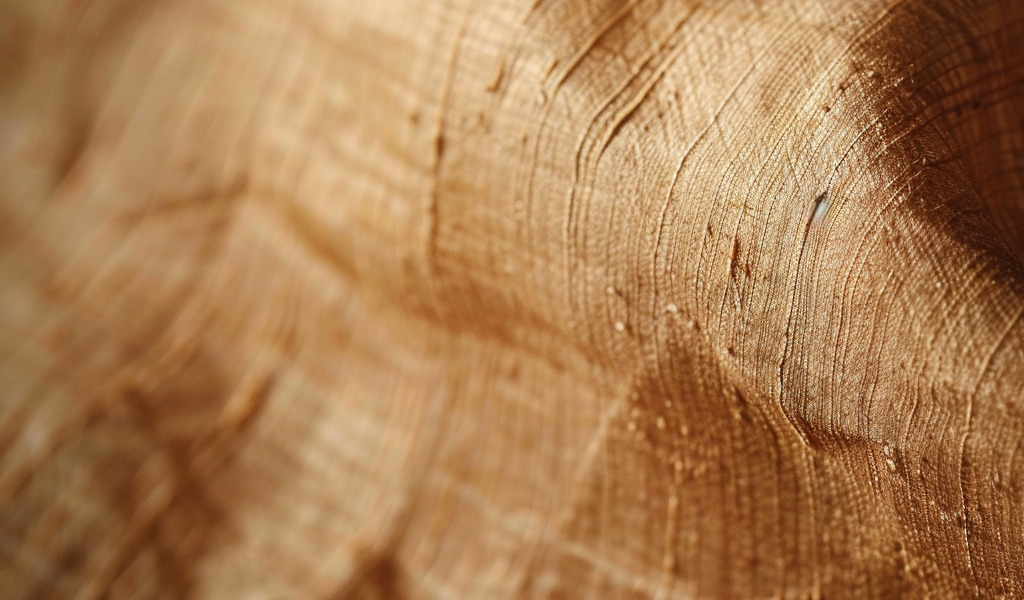New Study Reveals Sustainable Method of Converting Waste Heat into Electricity Using Irish Wood Products
A new study by researchers at University of Limerick in Ireland has revealed a sustainable method of efficiently converting waste heat into electricity using Irish wood products, while minimizing costs and environmental impact.
The study, led by researchers at UL in collaboration with colleagues at the University of Valencia, has demonstrated a method of generating electricity using low-grade heat recovered from lignin-derived membranes.
Lignin, typically overlooked, is a sustainable byproduct derived from wood in paper and pulp production. The study shows that these membranes can convert waste heat into electricity by utilizing the movement of charged atoms (ions) within the material.
This is a significant advancement as previous studies had only demonstrated this technology using cellulose from natural wood, and the new UL research has successfully applied it to lignin from waste wood—contributing to a more circular and sustainable economy as a result.
Low-grade heat refers to waste heat generated at temperatures below 200 degrees Celsius. In industrial processes, 66% of the waste heat falls into this category, highlighting the potential of this breakthrough for developing sustainable heat-to-electricity applications.
The study is published in the journal Advanced Functional Materials.
Professor Maurice N Collins, Professor of Materials Science at UL’s School of Engineering and Principal Investigator at the Bernal Institute who supervised the study, explained, ‘Low-grade heat comes from various sources like waste heat in industries, heat losses in insulating systems, ocean thermal gradients, biomass fermentation, and solar heat.’
‘Despite its potential, utilizing low-grade thermal energy in energy harvesting applications has been challenging due to the lack of cost-effective technologies.’
‘Our research explores the use of ionic thermoelectric membranes made from lignin, an underutilized by-product in the paper and pulp industry, offering a sustainable solution.’
Lead author Muhammad Muddasar, a NXTGENWOOD Ph.D. student based at the Bernal Institute, explained, ‘We have developed the first lignin-based membrane for ionic thermoelectric energy harvesting. Our membrane is lightweight, easy to handle, and cost-effective, making it a promising solution for converting waste heat into electricity.’





